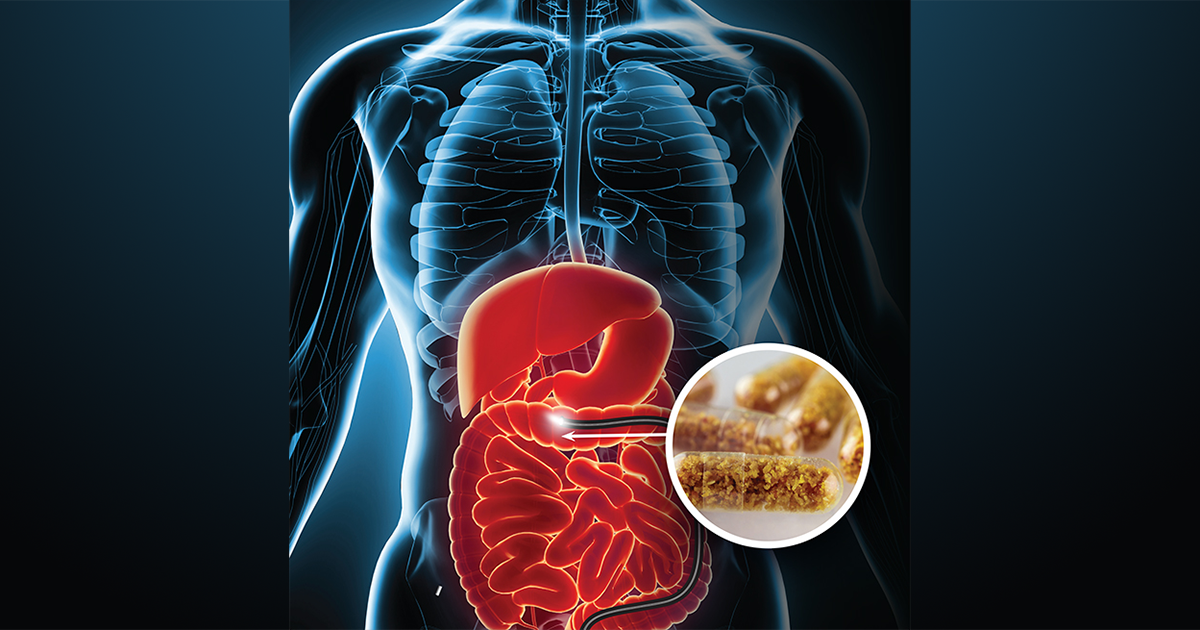Scientists are proposing a national poo bank to allow easy access to fecal transplants (fecal microbiota transplants – FMT), to combat widespread disruption of people’s gut bacteria. This would allow a “donor” to bank stool early in their life, while they are healthy, for access later.
Changes to gut bacteria as a result of changing eating patterns have been linked to a wide variety of medical issues, including asthma and allergies, digestive diseases, type 2 diabetes and other conditions.
The proposal was made in an opinion piece in the journal Trends in Molecular Medicine].

A national network of poo banks?
“The idea of ‘rewilding’ the human microbiome has taken off in recent years and has been hotly debated from medical, ethical, and evolutionary perspectives,” says corresponding author Yang-Yu Liu, an Associate Professor of Medicine at Harvard and an Associate Scientist in the Channing Division of Network Medicine at BWH.
“It is still unknown if people in industrialized societies can gain some health benefit by restoring their microbiome to an ancestral state. In this paper, we proposed a way to rejuvenate the human gut microbiome.”
FMTs have already shown benefits for treating medical conditions. One such condition is infection by Clostridioides difficile (C. diff), which affects about half a million people and kills about 29,000 in the United States every year.
However, one limitation of using donor stool is variability in the host’s response, likely due to genetic as well as environmental differences between the donor and host.
OpenBiome, based in Somerville, Massachusetts, is the first stool bank to offer an option for individuals to bank their own stool for future treatment of C. diff infection. Yang and his colleagues looked at whether this approach might be feasible on a large scale for many other diseases.
“Conceptually, the idea of stool banking for autologous FMT is similar to when parents bank their baby’s cord blood for possible future use,” says Yang. “However, there is greater potential for stool banking, and we anticipate that the chance of using stool samples is much higher than for cord blood.”
“But there are many practical issues to implementing this idea,” says Yang. The article takes a closer look at some of those issues, including optimal storage methods, how much stool should be banked, and what the costs might be.
“Autologous transplants would naturally avoid or at least mitigate donor-recipient compatibility issues, but a major disadvantage of autologous transplants is the need for long-term cryopreservation of stool samples, typically requiring liquid nitrogen storage,” says co-author Shanlin Ke, a postdoctoral research fellow in Yang’s lab.
“The long-term safe storage and subsequent resuscitation and cultivation of stool samples is a fundamental research question by itself. To inform practical guidelines for stool banking, further research is needed to systematically test longer storage times and preservation, resuscitation, and cultivation procedures.”
Could fecal transplants be the secret to reversing the aging process?
Yes, you read that right: fecal transplants could be a new way of reversing aging, at least if the latest rodent research is anything to go by.
As time passes, we’re gaining a much better idea of just how important proper functioning of the gut is to health. The body’s microbiome – the collection of microscopic organisms that inhabit the gut – is often referred to as “the second brain“, because of the wide variety of effects it can have on mental function and wellbeing.
This new research shows that microbes in the guy play a key role in regulating the aging process and that fecal transplants containing beneficial bacteria can reverse deterioration of the gut, eyes and brain.
Prof Simon Carding, from UEA’s Norwich Medical School and head of the Gut Microbes and Health Research Programme at the Quadram Institute, said: “This ground-breaking study provides tantalising evidence for the direct involvement of gut microbes in ageing and the functional decline of brain function and vision and offers a potential solution in the form of gut microbe replacement therapy.”
Click here to read more
Yang acknowledges that widespread banking could lead to a system in which those with more financial resources are more likely to have banked stool for future use.
“We do not anticipate that all individuals in our society are willing or able to pay the cost associated with the service of ‘rejuvenating’ their gut microbiome, in the same way that not all parents pay the cost of cord blood banking for their newborns,” he says.
“But as scientists our job is to provide a scientific solution that may eventually benefit human well-being. Developing a reasonable business model and pricing strategy so that the solution is affordable to everyone would require the joint force of entrepreneurs, scientists, and perhaps governments.”
“Autologous FMTs have the potential to treat autoimmune diseases like asthma, multiple sclerosis, inflammatory bowel disease, diabetes, obesity, and even heart disease and aging,” says co-author Scott T. Weiss, a Professor of Medicine at Harvard and Associate Director of the Channing Division of Network Medicine at BWH. “We hope this paper will prompt some long-term trials of autologous FMTs to prevent disease.”

Don’t hesitate to email us at [email protected] for personalized coaching and a client questionnaire if you’d like DEDICATED tailor-made personal training on strength training, building muscle, losing fat, developing athleticism, and more — all to your liking, lifestyle, habits, and taste!
Otherwise, don’t forget to claim your FREE eBook detailing how to lose 20lb of fat while building muscle in 12 weeks! You can claim it here.
Alternatively, you can pick up a FREE eBook on fundamental strength principles offering an introductory workout program.











